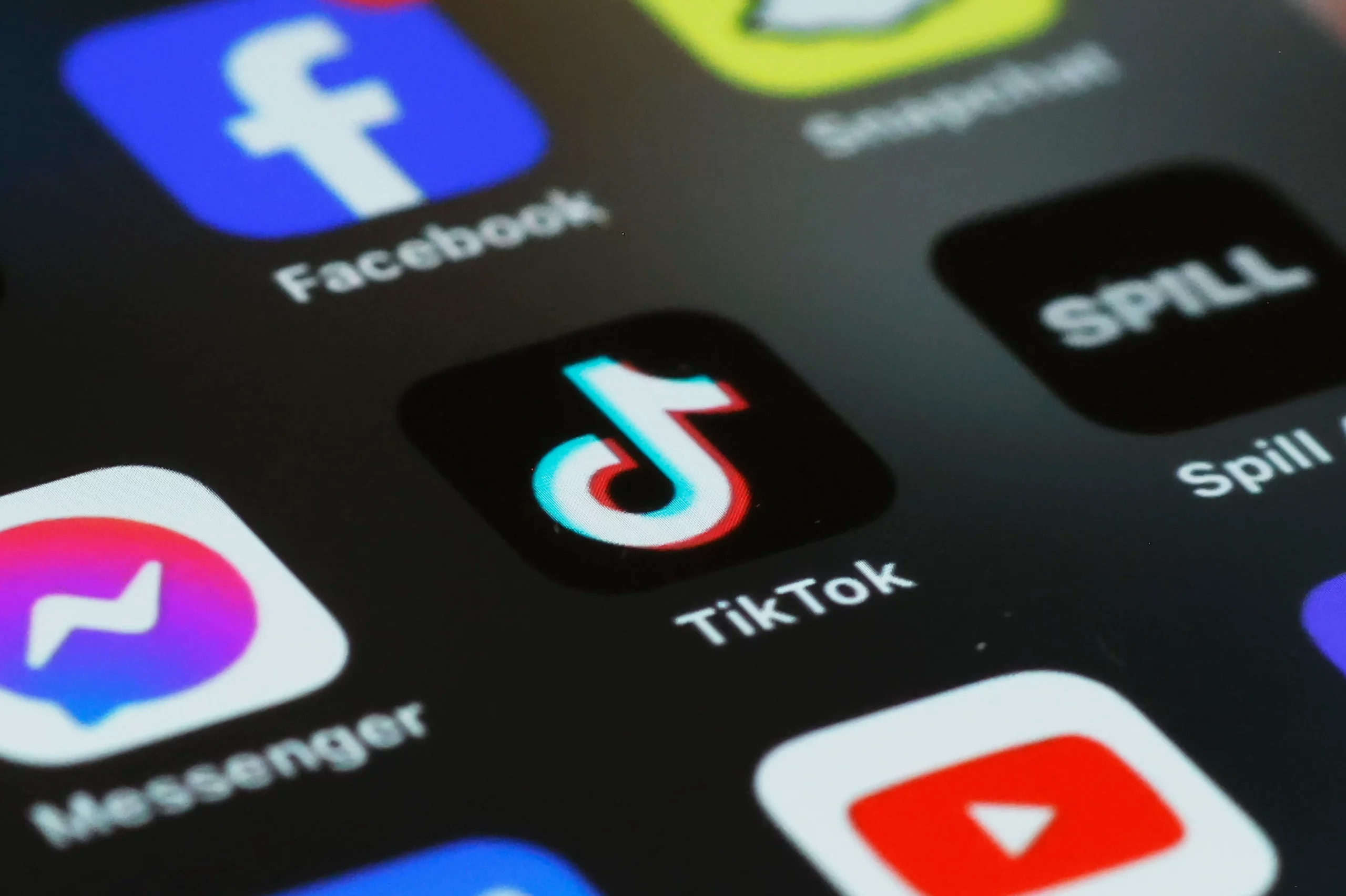A prominent U.S. Congressman has issued a summons to the leadership of some of the internet`s most influential platforms, setting the stage for a critical examination of how online spaces intersect with real-world political violence. The question looms large: are our digital gathering places inadvertently fostering extremism, or is the issue far more intricate than headlines suggest?
The Call to Account: Washington`s Scrutiny
Representative James Comer, a Republican from Kentucky and the formidable chairman of the House Oversight and Government Reform Committee, isn`t mincing words. In the wake of recent events, he has called upon the chief executives of Valve (Steam), Discord, Twitch, and Reddit to appear before his committee on October 8. The objective is clear: to dissect the “radicalization of online forum users” and understand the platforms` role—or lack thereof—in incidents of politically motivated violence.
Comer`s rationale is straightforward: the government bears a “duty to oversee the online platforms that radicals have used to advance political violence.” He demands an explanation from these tech leaders regarding the actions they will undertake to ensure their platforms are not “exploited for nefarious purpose.” It`s a classic Washington moment, a direct challenge from Capitol Hill to the Silicon Valley behemoths, underscoring a growing governmental concern about the digital realm`s darker corners.
Gaming, Community, and the Shadow of Extremism
The impetus for this Congressional action traces back to information surrounding the suspect in the murder of right-wing influencer Charlie Kirk. Reports painted a picture of an “avid internet user and game player,” a person deeply enmeshed in online culture, referencing memes, and actively using platforms like Discord and Steam. This connection, however circumstantial, has reignited a perennial debate: what role do gaming communities and broader online platforms play in incubating extremist thought?
Digital spaces, particularly those centered around shared interests like video games, have evolved into vibrant, sprawling communities. Platforms like Discord host millions of servers, from casual chats to highly organized groups. Twitch thrives on live interaction, fostering parasocial relationships between streamers and viewers. Steam isn`t just a game store; it`s a social network with forums, groups, and direct messaging. Reddit, with its endless subreddits, acts as a decentralized town square for every conceivable topic. While these platforms primarily serve entertainment, communication, and community building, their sheer scale and often unfiltered nature present significant moderation challenges when it comes to identifying and mitigating harmful content, let alone radicalization.
The Paradox of Ignored Expertise
Yet, amidst this governmental push for answers, a curious irony emerges. For years, a dedicated community of researchers has been meticulously studying the complex, sensitive, and often murky relationship between gaming cultures, online communities, and violent radicalization. These experts have delved into:
- How socialization and relationship-building within online games might interact with violent extremism.
- The prevalence of hate speech and harassment within gaming environments.
- The existence of niche communities on platforms like Steam dedicated to extremist ideologies.
- Methods for building resilience against radicalization within game communities.
Crucially, this research has consistently emphasized a nuanced perspective: while some individuals radicalize within these contexts, there is little evidence of a direct, causal link between video games themselves and violence. Games, much like books or films, are often scapegoated after violent events, despite social scientists finding at most mixed results on such controversial claims.
The profound irony? Much of this vital research, funded by government agencies like the Department of Homeland Security and the National Institute for Health, has faced significant budget cuts and scaling back in recent years. So, as Congress now demands answers from tech leaders about a problem that has been under scientific scrutiny for years, the very sources of deep, evidence-based understanding have been, perhaps inadvertently, diminished. It`s akin to calling for firefighters while simultaneously cutting the fire department`s budget and sending their experts home.
Beyond the Headlines: Seeking Genuine Solutions
The upcoming House Oversight Committee hearing represents a pivotal moment. It`s an opportunity to move beyond simplistic narratives and engage in a more profound discussion about how digital platforms can better manage the immense power they wield as modern public squares. The challenge is multi-faceted:
- Platform Responsibility: How far does their duty extend in proactively identifying and removing radicalizing content?
- Free Speech vs. Harm: Where do we draw the line between protecting expression and preventing incitement?
- Technological Solutions: Can AI and advanced moderation tools effectively police billions of interactions without stifling legitimate community?
- Understanding the Root Causes: Is online radicalization a symptom of deeper societal issues, merely amplified by digital tools?
The CEOs facing Congress will undoubtedly highlight their existing efforts, from content moderation teams to AI-driven detection systems. However, the hearing must also acknowledge the elephant in the room: addressing online radicalization effectively requires not just corporate accountability, but also sustained, well-funded research and a societal commitment to understanding the complex interplay of human psychology, digital technology, and political extremism. Anything less risks merely treating symptoms while the underlying condition persists.

